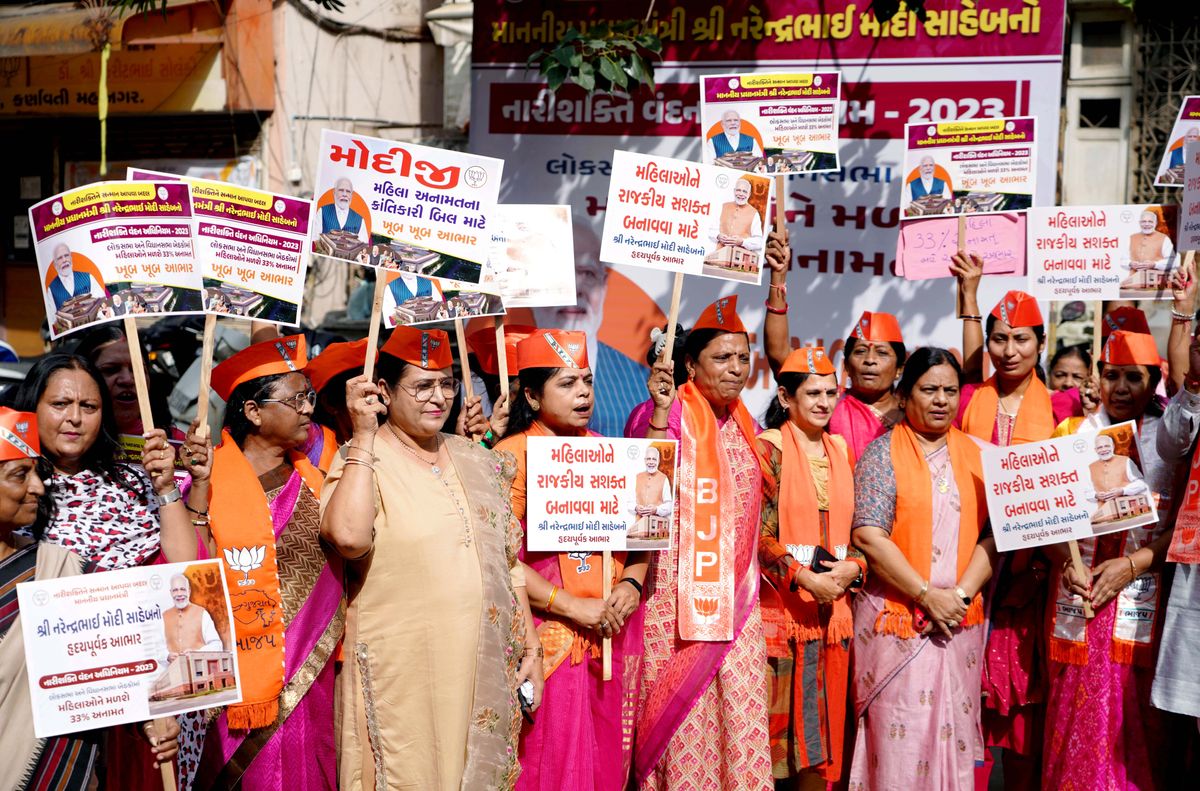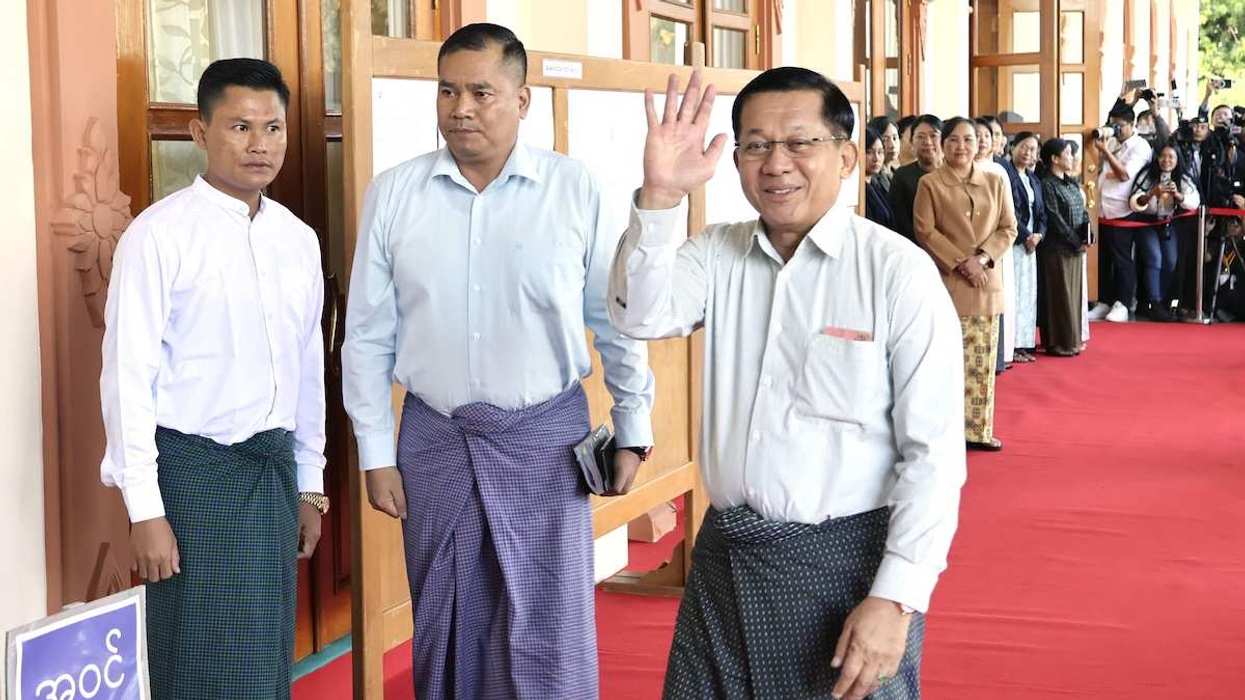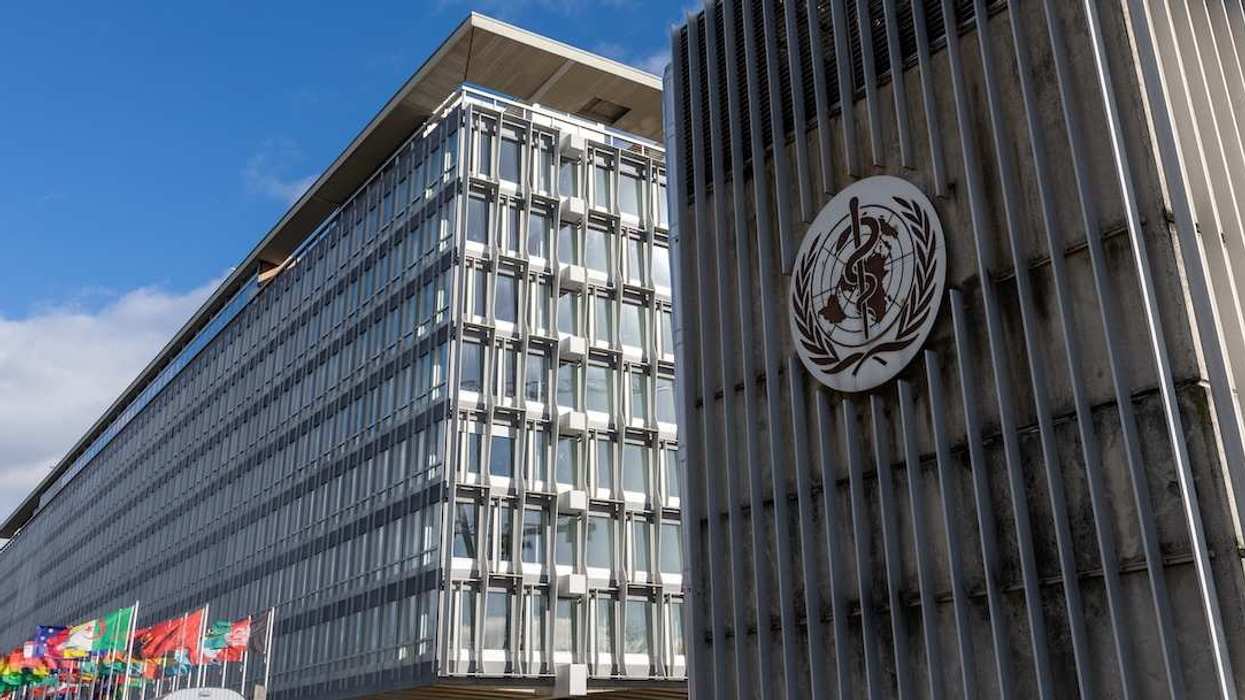On Monday, India opened its first special session of parliament since 2017, and expectations rose that Prime Minister Narendra Modi had a plan to use the short session to make an unusual – maybe historic -- announcement.
There’s precedent for that assumption. Six years ago, Modi used a special session to roll out a nationwide goods and services tax to help centralize India’s economy. Many analysts now credit that move with sharply boosting internal trade across India, strengthening the country’s overall economic performance.
On Wednesday, in a nearly unanimous vote, India’s lower house of parliament passed the so-called Women’s Reservation Bill that will reserve one-third of its seats for women, who currently hold just 15%. They will also hold at least one-third of seats in state legislative assemblies.
The bill will move to the upper house for approval this week. It will then require approval from at least half of India’s 28 states.
If nothing else, the women who make up nearly half of India’s 950 million registered voters can have confidence their influence will play a much larger role in the direction of the world’s largest democracy.


















